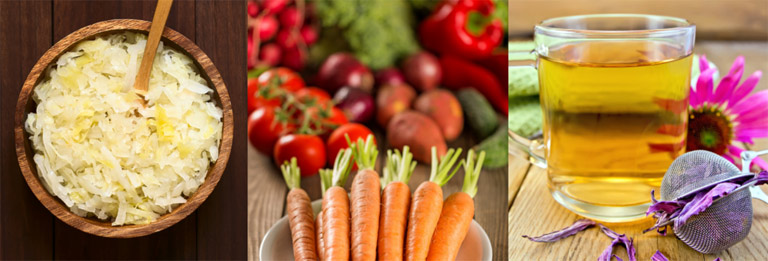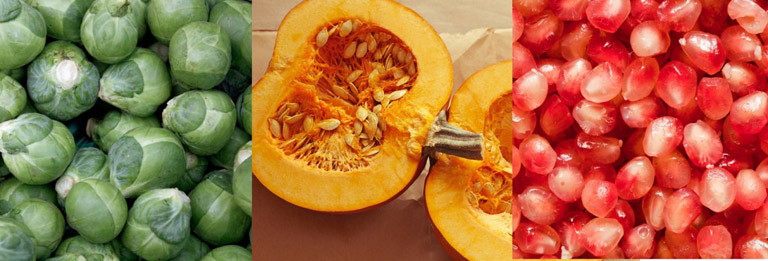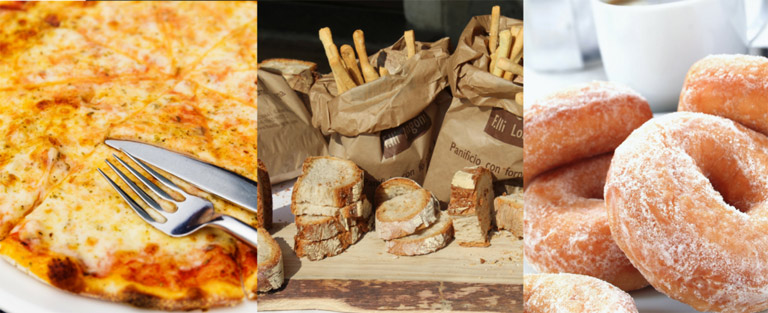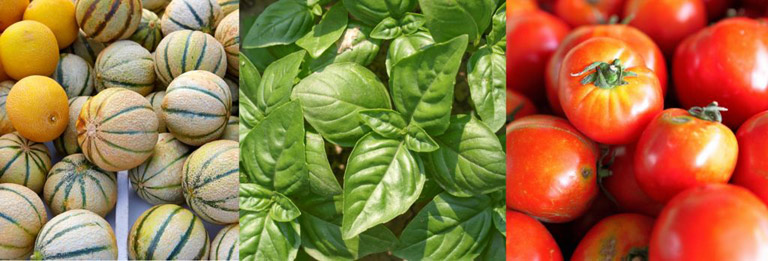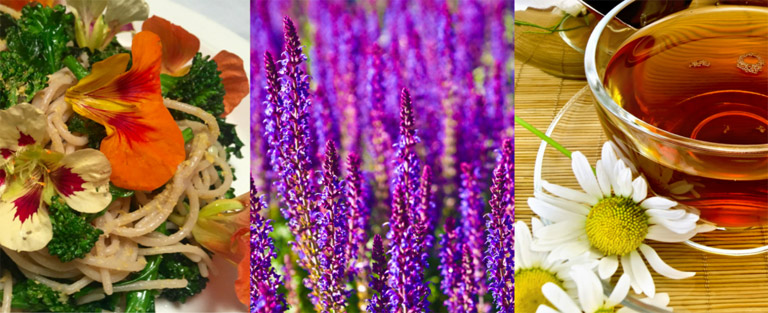If I told you that there is one important habit that if focused on, would automatically make all your other health and fitness disciplines work more easily, would you consider trying it? Of course there are no absolutes when it comes to nutrition and wellness science. But based on observation helping clients in nutrition and health coaching, sleep would be that one thing to focus on. There is a lot of old and emerging data on the impacts of sleep quality on our day to day lives. With that, a great place to start when considering what you can actually do within your control to improve sleep, is to begin the process of learning and mastering good sleep hygiene. So I thought I’d provide some information to help you assess your own sleep quality, sleep hygiene practices, and decide for yourself if and what you may want to do to embrace a better night’s sleep.
Good Sleep Hygiene Just Makes Sense
Sleep is a fundamental pillar of our overall well-being and plays a pivotal role in maintaining a healthy mind and body. Embracing the benefits of sleep and adopting healthy sleep hygiene practices can significantly enhance your quality of life. Beyond providing rest and rejuvenation, a good night’s sleep fosters improved cognitive function, memory consolidation, and emotional stability. It also bolsters our immune system, aids in weight management, and contributes to better cardiovascular health.





